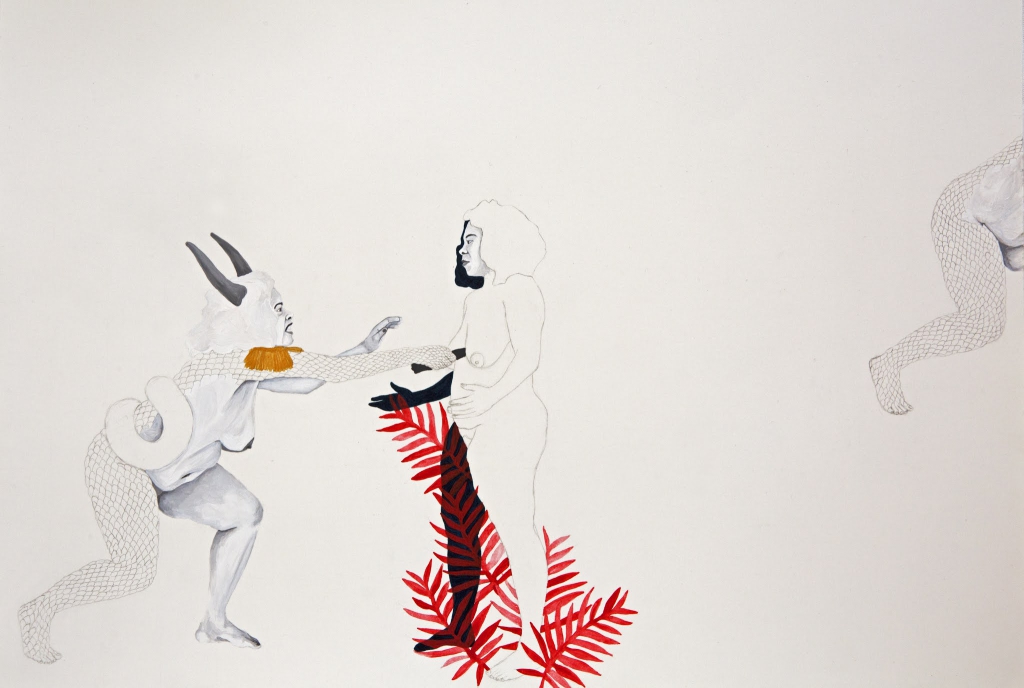Sara Ahmed has conceptualised privilege in her writings as an energy saving device wherein less effort is required to pass through the world when it has been assembled around and for you. In the workshop Epistemic Injustice, we will discuss how we can assemble new worlds that accommodate all kinds of different bodies that often fall outside the norms given by institutional environments. During the workshop we will read and discuss descriptions of the world from the point of view of not being entirely at home in it (Ahmed, 2017). Students will explore and debate possible strategies that can be used to attempt to detach from, or unlearn, the epistemic grip that majoritarian narratives place upon us. We will ask how we can stop using white cis-gendered maleness as an unacknowledged default position—or ‘objective neutral’—for our academic, artistic and architectural research.
Beyond the work of Ahmed, we will draw on concepts like ‘Epistemic Injustice’ (Miranda Fricker, 2009), ‘Delinking’ (Walter Mignolo, 2007), and ‘White Innocence’ (Wekker, 2016) in order to discuss how certain groups are denied the capability to make sense of their own social and emotional experiences in unbalanced relationships of power. More broadly, questions that we will address include: how structures of oppression have epistemic consequence, how some social groups have less epistemic credibility than others and are forced to navigate prejudicial disfunctions on a day to day basis while trying to make sense of the intersectional nature of racialised, gendered, and classed forms of oppression.
Finally, the main goal of the workshop is to develop a deep understanding of forms of oppression as complex intersectional entanglements and as epistemic systems so that we can reflect on and struggle against the multifaceted complicities that knowledge productions often retain with power, privilege, and whiteness.
